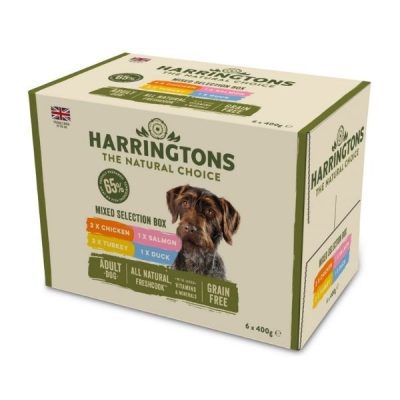Guinea Pig Care Sheet
Guinea pig care sheet – This care sheet contains recommendations from our shop assistants.
General Care
Guinea pigs are sociable animals and should be kept in pairs or groups. Girls tend to thrive in groups of their same sexual orientation. If mixing genders, please be aware that they breed very easily and quickly. Multiple males will tend to fight with one another if enough females are not present in the enclosure.
Your guinea pig’s diet
Guinea pigs are herbivores, meaning they only eat plants. Their ideal diet will include a constant supply of good quality feeding hay or grass and a small number of fresh greens per day. Veg is important for your pig as it contains vitamin C. Introducing new foods to your guinea pigs’ diet must be done slowly over the course of a week or two. Any sudden changes in diet could upset their stomachs.
Safe fruit and veg for guinea pigs
Fresh greens like broccoli, cabbage or spinach are great things to feed. Carrots make a satisfying occasional treat. However, not all fruit and veg is safe for your guinea pigs. Do not feed potatoes, tomato leaves or rhubarb to your pigs. Fresh greens need to be offered daily to avoid nasty disease’s such as Scurvy
Housing
Guinea pigs can be kept as both indoor and outdoor pets. An outdoor hutch should be sturdy, waterproof, and raised off the floor by approximately 25cm. Place the hutch in a sheltered position so pigs are protected from all weathers. A hutch cover can often offer additional protection on cold nights. A house guinea pigs cage should be placed in a cool room out of direct sunlight and draughts.
A guinea pigs cage should be about 4/5 ft in length. Smaller enclosures can be used for baby guinea pigs.
Looking after your guinea pigs’ teeth
Your guinea pigs’ teeth will keep growing throughout their life. They need plenty of things to chew as this helps wear down their teeth and stops them from getting overgrown. You can help keep their teeth in good shape by:
- Giving them a constant supply of hay.
- Give them gnawing blocks and plenty of things to chew on.
- Avoid sugary treats.
Visit your vet straight away if you see any of these signs:
- Diarrhoea
- Big weight loss or weight gain over a short time
- Not eating
- Drinking much more or less than normal
- Lack of energy/sleeping more than usual
- Unusual swellings or lumps and bumps
- Skin conditions
- Limping
- Unusual bleeding
- Signs of pain, like not wanting to be touched
- Runny eyes or nose
- Overgrown teeth
- A change in their usual behaviour, as this could be because they’re feeling poorly.
Stopping your guinea pigs from getting bored
Boredom can cause health problems for guinea pigs. If they do not have enough to do, they might overeat and put on weight. You can keep them occupied with the right enclosure and enrichment.
- Cardboard boxes and untreated logs give your guinea pig things to explore and hide in.
- Large tubs, pots, and tunnels where they can hide.
- Scatter food around their enclosure and hide it in tubs and boxes. They will have loads of fun sniffing it out.
- Remember to change their enclosure around regularly to stop boredom.
For any further information or advice please feel free to message us on Facebook or contact the store on 01902 494860









